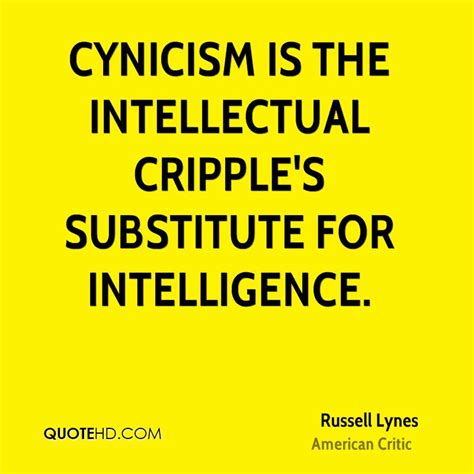A Quote by Carl Jung
Neurosis is always a substitute for legitimate suffering.
Quote Topics
Related Quotes
The world is full of suffering. Birth is suffering, decre- pitude is suffering, sickness and death are sufferings. To face a man of hatred is suffering, to be separated from a beloved one is suffering, to be vainly struggling to satisfy one's needs is suffering. In fact, life that is not free from desire and passion is always involved with suffering.
In man's life, the absence of an essential component usually leads to the adoption of a substitute. The substitute is usually embraced with vehemence and extremism, for we have to convince ourselves that what we took as second choice is the best there ever was. Thus blind faith is to a considerable extent a substitute for the lost faith in ourselves; insatiable desire a substitute for hope; accumulation a substitute for growth; fervent hustling a substitute for purposeful action; and pride a substitute for an unattainable self-respect.






























